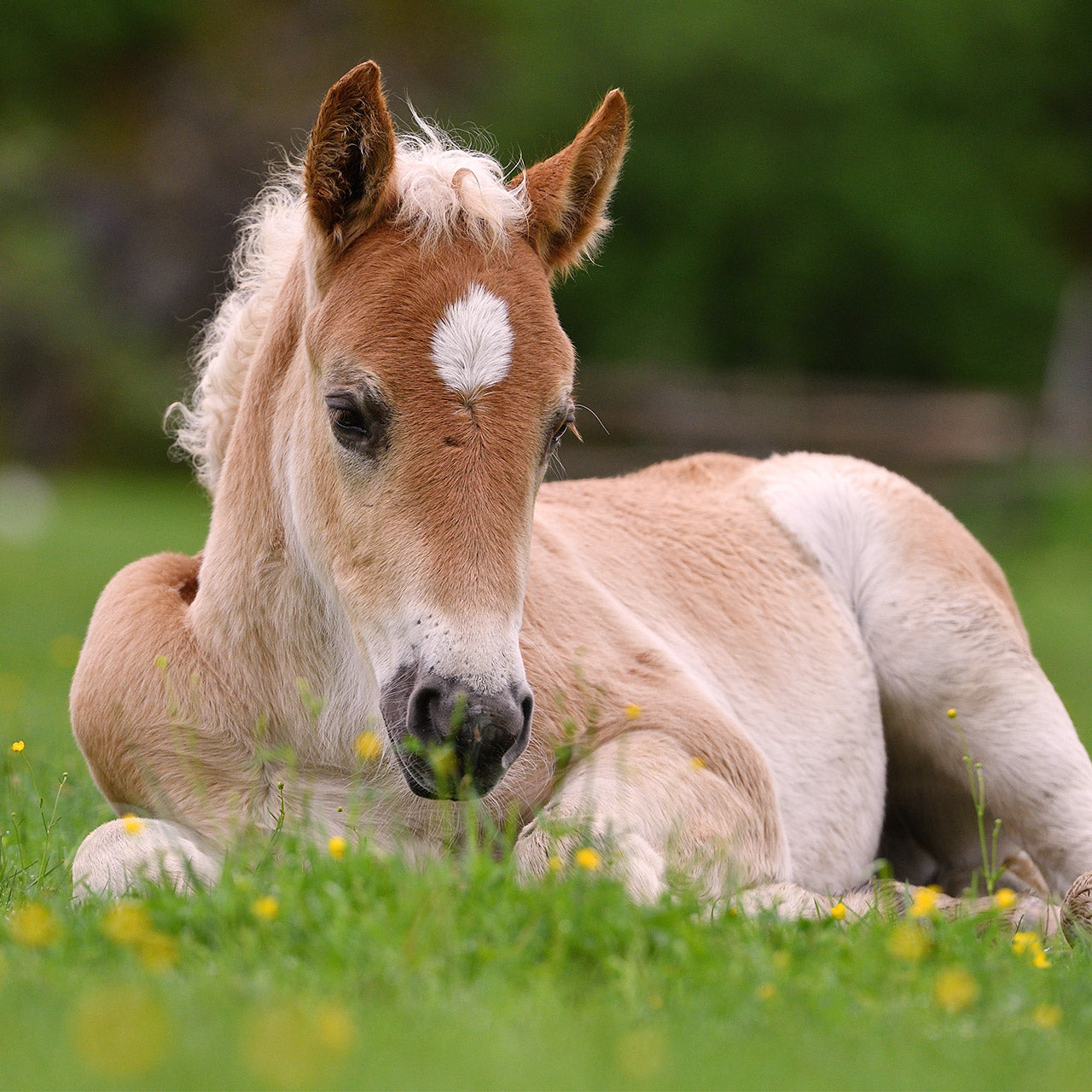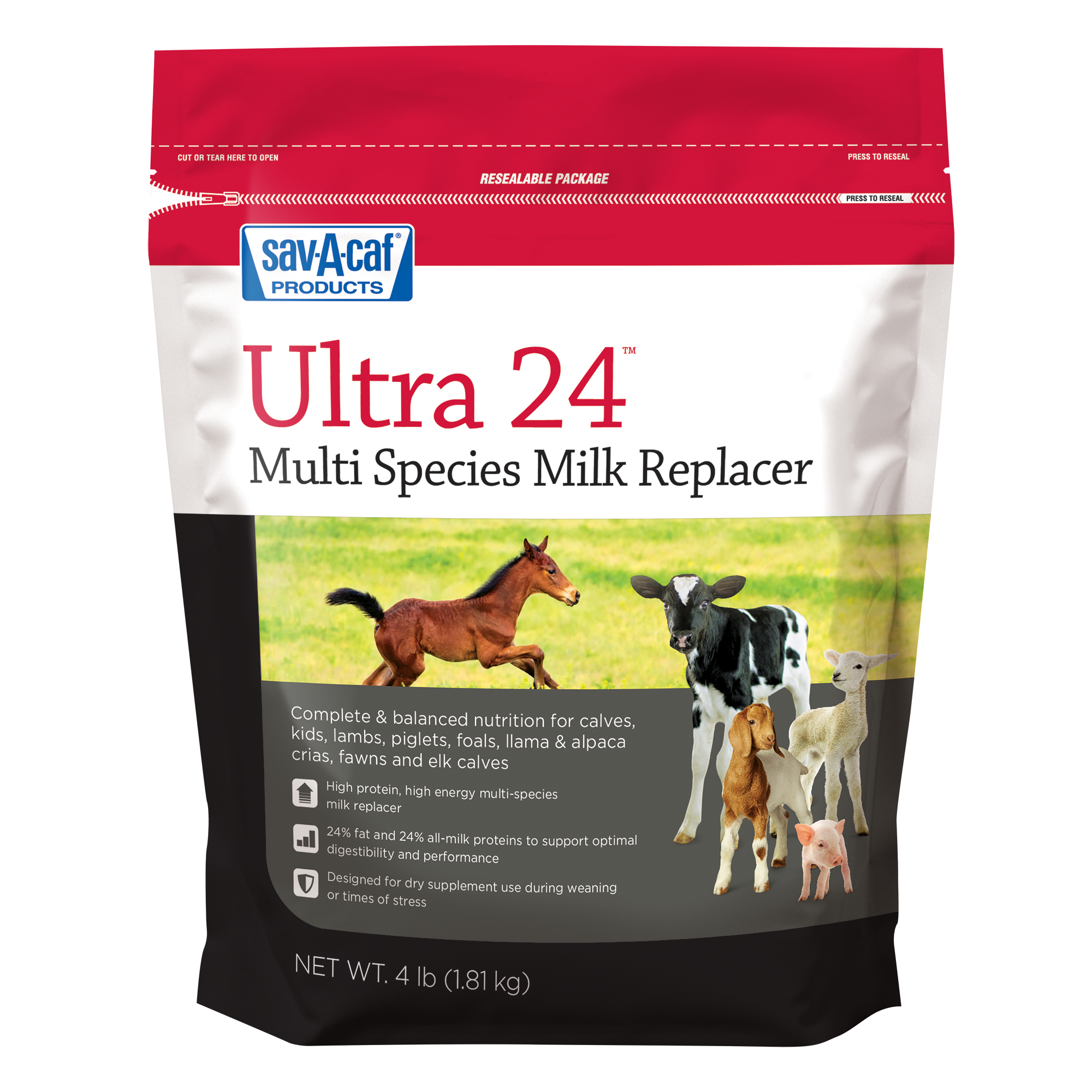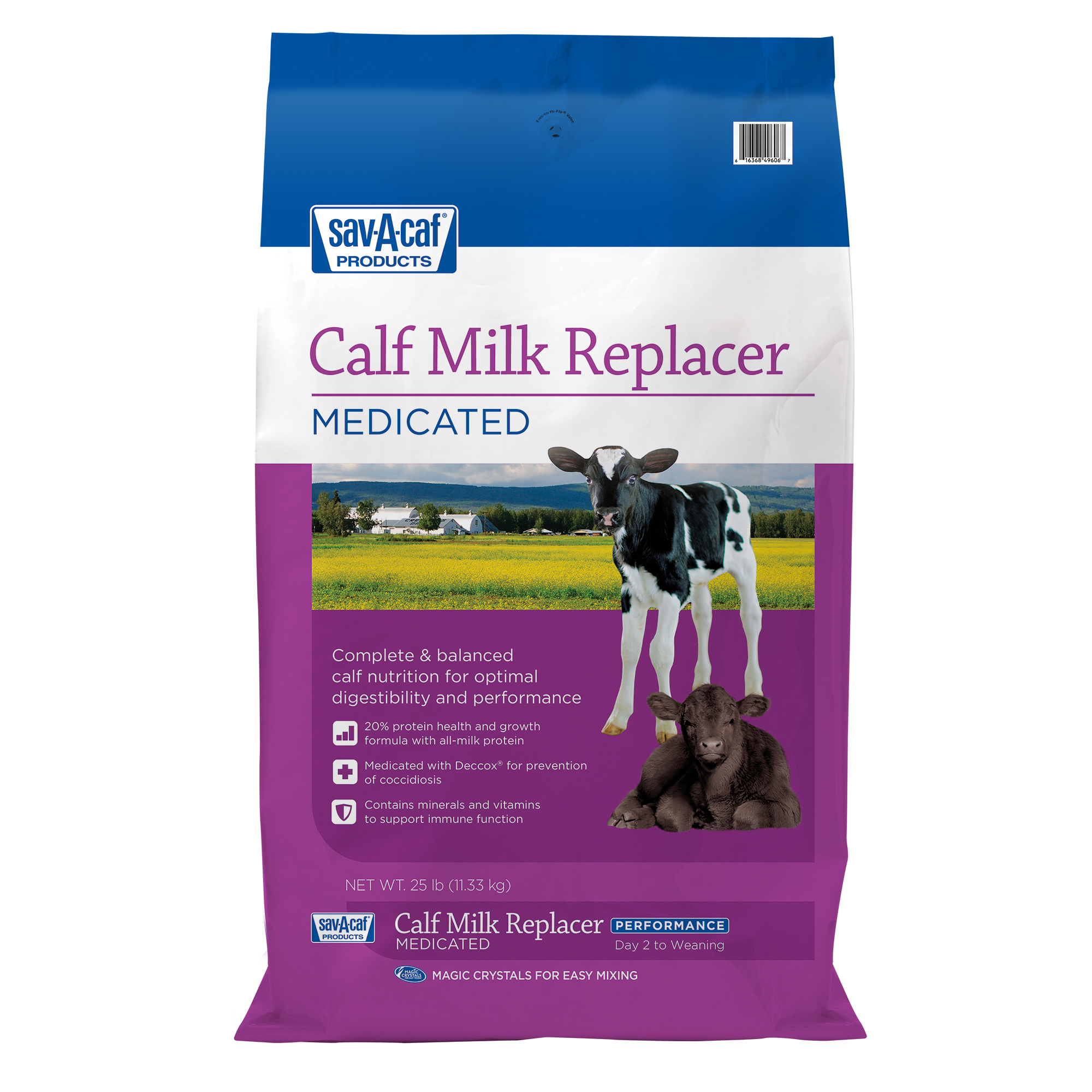
Housing and pasture needs for young horses
A horse’s housing needs change a lot throughout their life. In the beginning, it’s especially important to have the right housing to support their development and well-being. Prepare their environment ahead of time so they are able to fit right into your herd.
Preparing the Birthing Stall
When the foal is first born until they are two weeks old, the foal and mare should have their own stall together that’s about 14’ by 14’. Before your newborn arrives, check the stall to ensure there aren’t any sharp objects that could cut the foal, such as nails and sharp corners.
You also want to make sure there aren’t any items that their legs or head could get caught in, such as halters or broken boards. Straw is the best bedding material to use in the birthing stall when your mare goes into labor because it won’t stick to the wet foal like shavings will. If you prefer to use shavings, however, you can use them again as bedding once the foal is a few days old.
Providing Proper Ventilation
Adequate ventilation inside the stall is important because direct drafts will make your foal uncomfortable. Poor ventilation can also induce moisture, animal odors and gasses that can cause respiratory illnesses, such as pneumonia.
To tell if your barn has proper ventilation, check to see if you can smell ammonia in the barn or see condensation on the walls or ceiling. If you notice any of these signs, install windows, fans and inlets around the ceiling perimeter to allow fresh, cold air from the outside to mix with warm air before coming into contact with your foal.
Turning Them Out for the First Time
When the time comes to turn out your newborn foal and their mother, avoid turning them out with geldings or other mares without foals because they may show aggression toward the new foal. Try turning them out alone or with another mare and foal for a peaceful pasture.
Check the outdoor space to ensure there are no sharp objects or spaces where foals could catch their legs in. You will also want to keep an eye out for any poisonous plants growing in the pasture because foals will often nibble on plants that mature horses won’t.
Having a proper place for your foal to grow will give them the jump-start they need to develop into strong, spirited members of your farm. Find more information on foal care and nutrition and follow My Farm Journey on Facebook and Instagram for additional insights.



